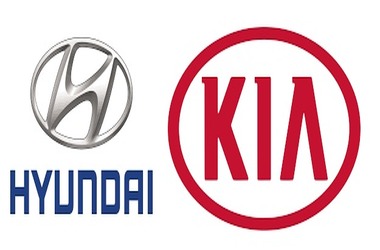
SCEMS is a software solution that efficiently calculates emissions throughout supply chains, simplifying the process of collecting and managing data for suppliers. Hyundai and Kia are taking proactive measures to address climate change and promote sustainable supply chains by harnessing the power of AI and blockchain technology.
The system effectively captures and oversees carbon footprints throughout each phase of the manufacturing process, empowering companies with enhanced oversight of their carbon reduction endeavors. Hyundai and Kia have conducted successful verification of the high-performance blockchain technology, affirming its efficacy as a crucial tool for the prompt and secure collection of carbon emissions data.
Hyundai and Kia have announced their intention to provide suppliers within the automotive supply chain with SCEMS (Supplier Carbon Emission Management Systems) at no cost. This initiative aims to support and promote carbon emission reduction efforts across the industry. Partners have the ability to input their data into the system, which is then processed by artificial intelligence to generate comprehensive information regarding carbon emissions. Additionally, the AI system is capable of providing future predictions based on the data inputted by partners.
The implementation of SCEMS is anticipated to alleviate suppliers from labor-intensive responsibilities and facilitate precise management of carbon emissions. The system leverages artificial intelligence and a high-performance blockchain to enable business partners to effectively monitor and manage data and carbon emission levels within their workplaces.
In February of this year, Hyundai and Kia became participants in the Carbon Disclosure Project’s “CDP Supply Chain” program. As part of their involvement, they provided capacity-building training to partner companies that were encountering difficulties in their individual efforts towards achieving carbon neutrality.
The Carbon Disclosure Project (CDP) is a non-profit organization that was founded in the year 2000. Its primary objective is to encourage companies to disclose their climate impact. Over the course of its development, CDP has broadened its range of focus to encompass environmental disclosure, specifically addressing issues such as deforestation and water security. Additionally, CDP has extended its support to cities, states, and regions in their sustainability efforts. Participating companies in the CDP program are required to provide data pertaining to their energy consumption, greenhouse gas emissions, strategies for achieving carbon neutrality, and advancements made in transitioning to renewable energy sources.